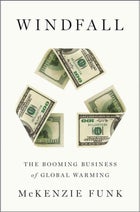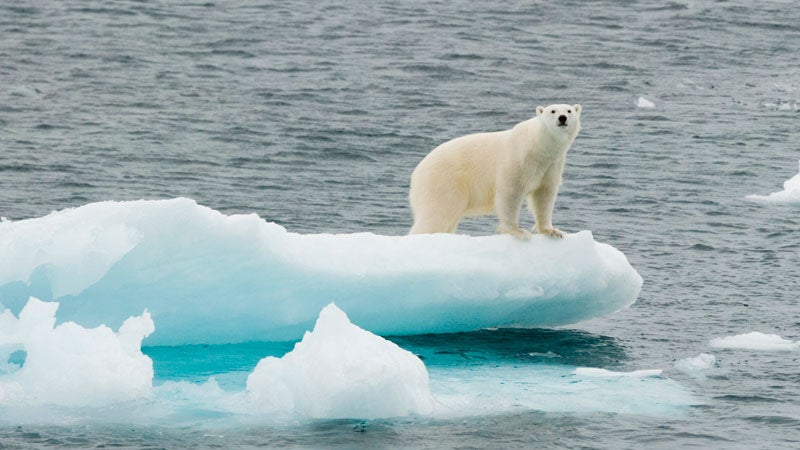There have been plenty of books documenting the myriad ways that climate change will take us all down. In (Penguin, $28), Seattle journalist and frequent ���ϳԹ��� contributor McKenzie Funk takes a contrarian approach, reporting on the people—and, in the case of Greenland and Canada, countries—that are poised to profit handsomely from the coming chaos. Funk tracks down Arctic oil strategists, Israeli snowmakers, arable-land grabbers, and those cunning enough to privatize public services, from water delivery to firefighting. So is it pragmatism, opportunism, or pure steely greed?
 Author McKenzie Funk
Author McKenzie Funk (Penguin, )
(Penguin, )���ϳԹ���: How did you figure out there were so many people trying to make a buck off global warming?
Funk: In 2010, I read that there was a Canadian military mission asserting the country's claim on the Northwest Passage. My first thought was, That's absurd. Who's afraid of the Canadian military? My second was, Hey, they're looking for an opportunity. The effects of climate change are real, and there's a rush up there in the Arctic. I decided to look at how others are repositioning for the new reality. Some were predictable, like the burgeoning movement in Greenland to attain independence from Denmark, based on revenue from oil under the melting ice. Others were more surprising, like oil companies buying up water rights in the American West for oil and gas extraction.
You write, “There is something crass about profiting off disaster, certainly, but there is nothing fundamentally wrong with it.” Why not? Aren't you a jerk if, like some Wall Street bankers, you buy up Ukrainian farmland from peasants in exchange for vodka?
I found that example the most difficult. Wall Street has its own set of morals. I write about an American investor partnering with a feared warlord in South Sudan to buy land. As a libertarian, he believed in what he was doing beyond just making money. He thought that private investment was more stable than aid. Would I go partner with a warlord so he would burn down the city of Juba to create a libertarian peace? No. But this investor has a poodle, a wife, kids he loves. He was a nice guy. There aren't that many perfect villains in the world.
You note that the same oil companies that created the climate catastrophe will also be the ones to profit from it. That's not very satisfying. Where's the retribution narrative?
Climate change is a moral failing for the rich, but it's a moral failing for the rest of us, too, because we haven't done anything about it. It takes a lot of complacency to build a seawall around New York and let the problems pile up on the other side of the world. We're going to save ourselves first. A lot of us don't have that much to worry about, and that raises the moral stakes. You're screwing someone else if you're American.


